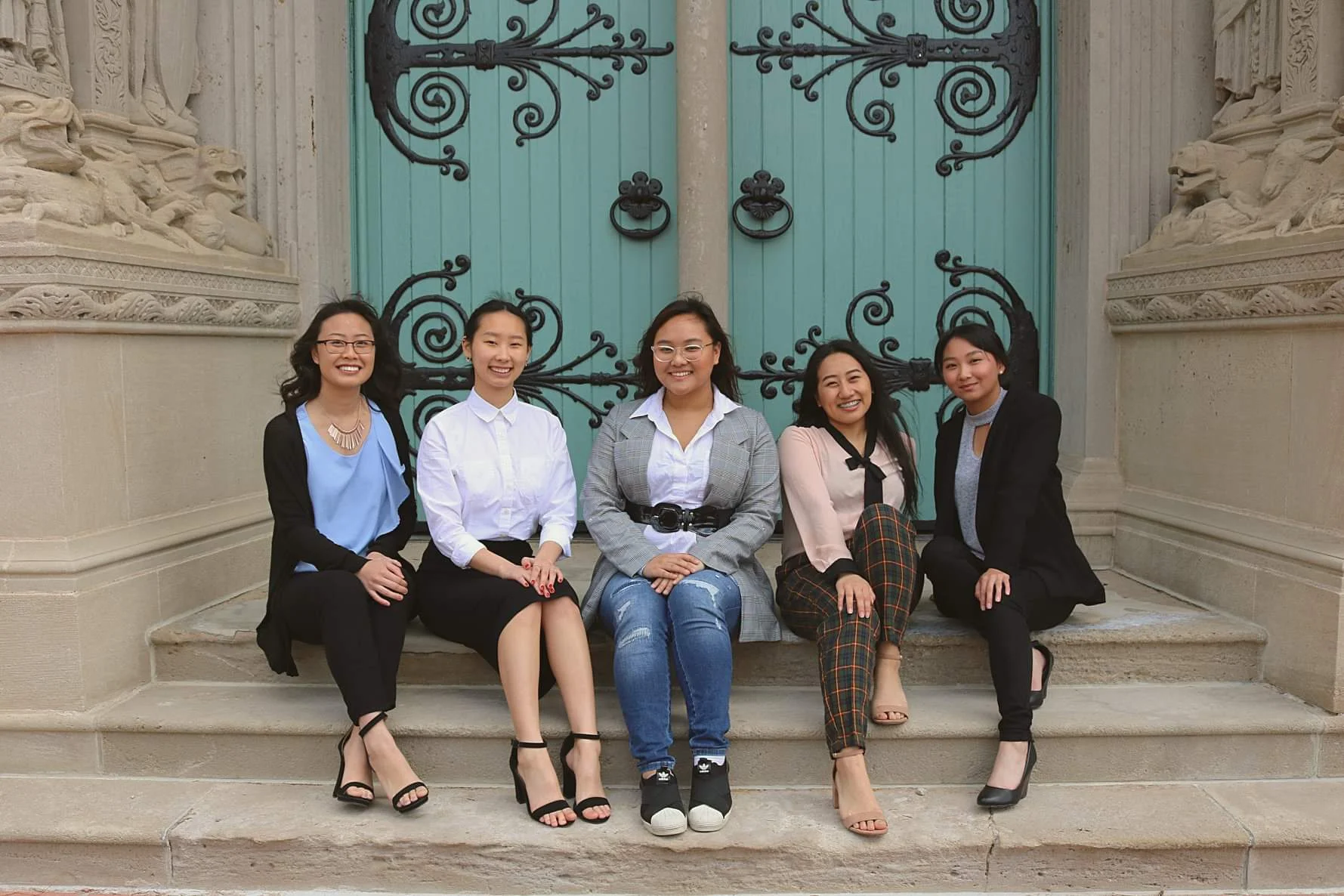Special Edition Spring 2024: Balancing academics and well-being as a student with disabilities
Insights from the vice president of St. Kate’s Disability Identity Group
By Samsam Ali
During my academic career, there have been many times when there were no flashes, no loud sounds — all the sensory stimuli that would send my autism into a spiral. There have also been many times when I felt overwhelmed and fearful, and I wanted to remove myself from a hectic environment.
As a result, I have felt tired and burned out. I have often walked into my dorm, wanting to curl up and sleep— but before I can soundly collapse into bed, panic resurfaces in me.
I remember I have work due, essays to complete, deadlines to reach and self-care routines to maintain. I simply cannot sleep, even if my body desperately needs to recharge.
People without disabilities tend to offer vague solutions for disability struggles that are only temporary and do not provide a multifaceted approach. The first step to an inclusive environment is to understand that planning an optimal routine, schedule and goals is challenging and not solved with an easy fix.
I interviewed Katherine Lew ‘25 (Exercise and Sports Science), vice president of the Disability Identity Group and accommodations assistant for student accessibility and accommodations (SAA), to get her insight on additional resources. She provided plenty of advice on how to maintain academic responsibilities and self-care routines while juggling personal and environmental demands.
“As a student with numerous positions and jobs, I’ve found that scheduling is my key to managing these responsibilities effectively,” Lew said. “My approach involves creating a to-do list for the day and setting clear boundaries. This helps me balance my time for classes, work and personal activities.” One example of this approach, Lew said, is scheduling meetings after 6 pm or reserving time to decompress after 7 pm. “During these personal times, you might have the TV or music playing to help you relax and feel like yourself.”
I often consider how much energy my location takes out of me, and I try to conserve as much of that energy as possible. Without selective and thoughtful planning and resources, I am unable to spiritually, physically, mentally and academically survive as a college student.
“One of the most significant aspects of my role in SAA is providing testing accommodations,” Lew added.
These accommodations can be a game-changer for students struggling with timed environments, such as exams. For instance, if a student finds it challenging to think under pressure, we can offer them double the usual time for their exams. This extra time can significantly reduce anxiety, allowing students to perform at their best and potentially transforming their academic outcomes.
“We understand that classroom environments can be distracting for some students,” Lew said. “To address this, we offer alternative testing environments in our office where there are fewer students and less noise. This can be particularly beneficial for students who find it difficult to concentrate in a busy classroom.”
Along with the testing spaces, Lew explained that SA&A also offers single rooms where students can “verbalize their written questions, ensuring they can focus on their exams without worrying about disturbing others.”
On days when students with disabilities can’t attend class, Lew said SA&A can provide a reasonable attendance or deadline accommodation. “This flexibility in our accommodations allows us to adapt to the unique needs of each student,” she added.
Lew said that accommodations like these, “are designed to make students feel understood and supported in their academic pursuits.” And even outside of SA&A across campus there exists a spectrum of resources, each flowing into the collective river of student support and inclusivity on campus.
Venturing into athletics, the Special Olympics Club provides opportunities for students to connect with individuals with disabilities through sports to build friendships and promote social justice. Students can visit their website at linktr.ee/digforkaties to learn more about the club and their shadow and volunteer hours.
For students seeking consultation amid academic challenges, the counseling center offers support for students through scheduled sessions and drop-in hours. Furthermore, the Disability Identity Group emerges as an abbey of love and support, providing a safe space for students with disabilities.
Visit the SA&A webpage atstkate.edu/life/student-assistance/accessibility-accommodations to access academic accommodations, or visit the TRIO Student Support Services webpage at stkate.edu/life/student-assistance/trio-student-support-services to learn more about its academic advising program for low-income and first-generation college students. Contact the Disability Identity Group at disabilityidgroup@stkate.edu or Katherine Lew at kslew579@stkate.edu.







